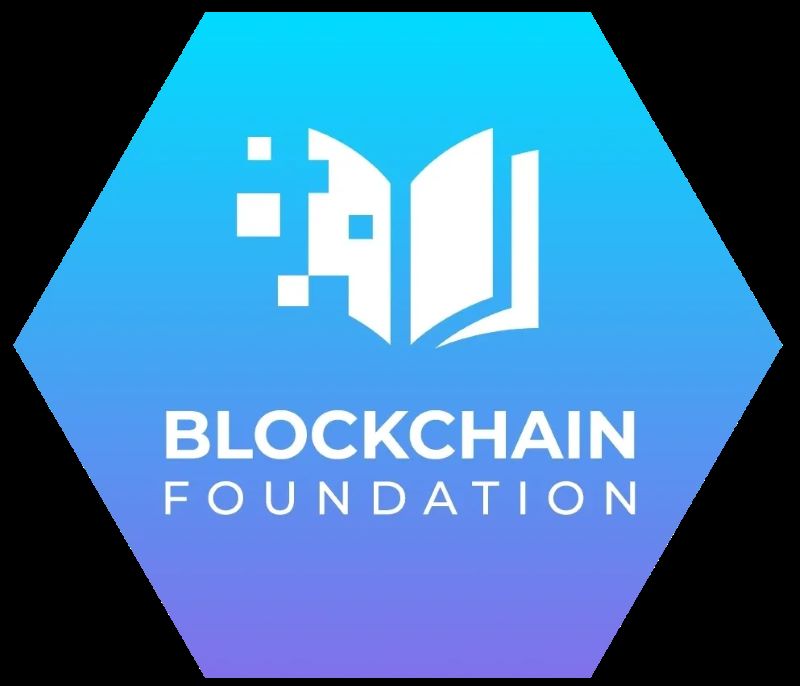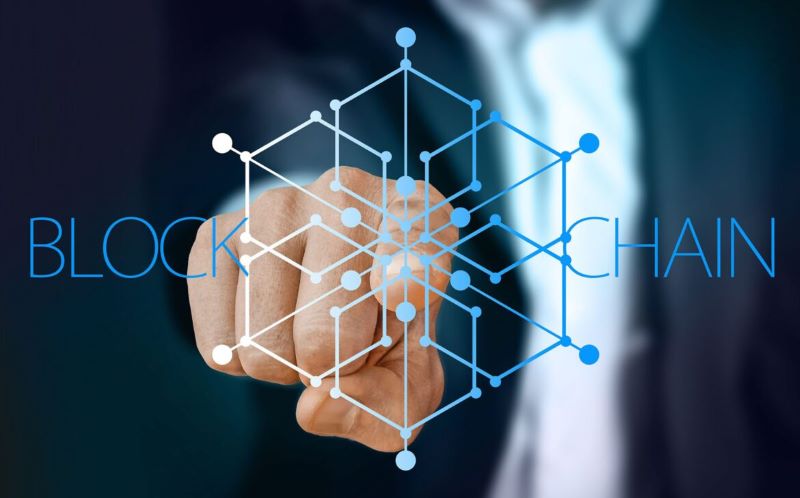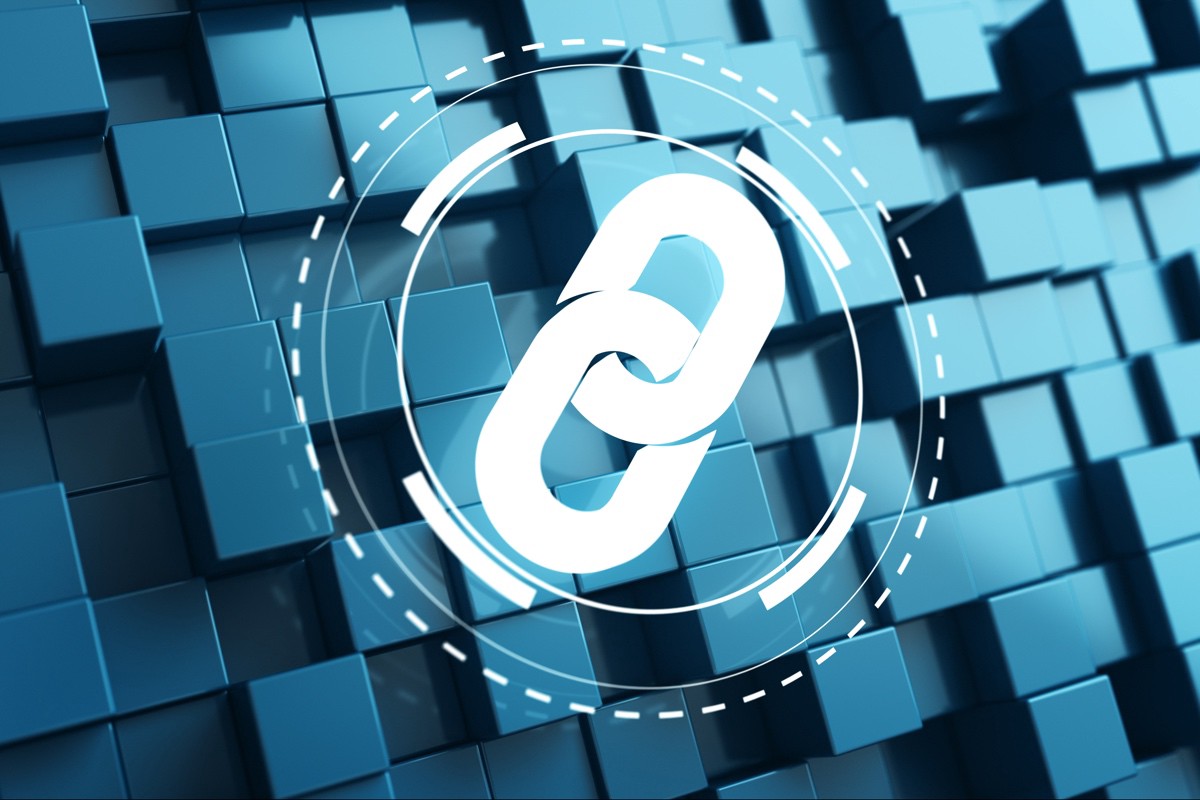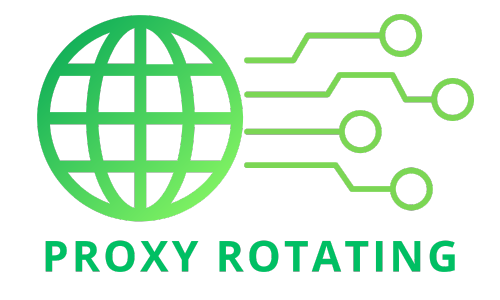Blockchain is a secure, decentralized ledger technology. Its security importance lies in its ability to ensure data integrity and reduce fraud. Adhering to a blockchain security roadmap enhances cybersecurity, fosters trust, and promotes innovation in digital transactions.
What is Blockchain Security Roadmap?
A Blockchain Security Roadmap is a strategic plan outlining the steps and measures needed to ensure the security of a blockchain-based system or network. It provides a structured approach to identifying, assessing, and mitigating security risks associated with blockchain technology. Here’s an overview of what a typical Blockchain Security Roadmap might include:
Assessment of Current State: Evaluate the existing blockchain implementation, including its architecture, protocols, smart contracts, and data management practices. Identify any vulnerabilities, weaknesses, or gaps in security.
Threat Modeling: Conduct a thorough analysis of potential threats and attack vectors that could compromise the security of the blockchain network. Consider factors such as malicious actors, unauthorized access, data breaches, and consensus protocol vulnerabilities.
Risk Analysis: To prioritize mitigation efforts and assess the impact and likelihood of identified security threats. Determine the level of risk tolerance and establish criteria for acceptable risk levels based on the organization’s objectives and regulatory requirements.
Security Controls Implementation: Develop and implement security controls and best practices to address identified risks and vulnerabilities. This may include encryption, access control, authentication, authorization, secure coding practices, and network segmentation.
Smart Contract Security: Pay special attention to the security of smart contracts, which are self-executing codes deployed on the blockchain. Implement measures to prevent common vulnerabilities like reentrancy attacks, integer overflows, and unauthorized access.
Consensus Mechanism Security: Evaluate the security of the blockchain’s consensus mechanism (e.g., Proof of Work, Proof of Stake) and ensure it is resilient against attacks such as 51% attacks, Sybil attacks, and selfish mining.
Data Protection and Privacy: Implement measures to protect sensitive data stored on the blockchain, such as personally identifiable information (PII) and private keys. Ensure compliance with data protection regulations such as GDPR and HIPAA.
Organizations can proactively address security challenges by following a Blockchain Security Roadmap and building robust, resilient blockchain systems that inspire trust and confidence among users and stakeholders.

Stages in the Blockchain Security Roadmap
Stage 1: Basic Foundation
Establishing a solid foundational understanding of fundamental security principles and technologies is crucial in the initial stage of the blockchain security roadmap. This stage lays the groundwork for building a secure blockchain environment.
Understanding Blockchain Security Principles:
- Gain insight into the fundamental principles of blockchain security, including decentralization, immutability, and consensus mechanisms.
- Learn about the importance of cryptographic techniques such as encryption, hashing algorithms, and digital signatures in ensuring the security and integrity of blockchain networks.
Mastering Core Technologies:
- Familiarize yourself with essential cryptographic technologies such as encryption, hashing algorithms, and digital signatures.
- Understand how these technologies are utilized within blockchain networks to secure transactions, verify identities, and maintain data integrity.
Learning to Set Up and Manage Secure Blockchain Wallets:
- Acquire skills in setting up and managing secure blockchain wallets, which are essential for storing and managing digital assets.
- Learn about the different types of blockchain wallets, including software, hardware, and paper wallets, and the security best practices associated with each.
Stage 2: Advanced development
In the second stage of the blockchain security roadmap, the focus shifts towards enhancing security measures and addressing common security threats in blockchain environments.
Exploring Common Blockchain Security Threats:
- Identify and analyze prevalent security threats in blockchain ecosystems, such as 51% attacks, double-spending, consensus algorithm vulnerabilities, and intelligent contract exploits.
- Understand the impact of these threats on blockchain networks and the potential risks they pose to data integrity and asset security.
Mastering Advanced Security Techniques:
- Expertise in advanced security techniques tailored to blockchain environments, including smart contract auditing, fuzzing, and static analysis.
- Learn how to conduct comprehensive security assessments and audits to identify vulnerabilities and weaknesses in smart contracts and blockchain protocols.
Engaging with Blockchain Security Communities:
- Participate actively in blockchain security communities, forums, and online platforms dedicated to discussing and addressing security concerns in blockchain technology.
- Collaborate with security experts, researchers, and developers to share knowledge, exchange insights, and contribute to advancing blockchain security practices.
Stage 3: Expertise
In the third and final stage of the blockchain security roadmap, individuals aim to achieve specialization in blockchain security by actively contributing to secure blockchain development projects and fostering a collaborative security-focused community.
Becoming a Blockchain Security Expert:
- Consolidate knowledge and experience gained from previous stages to become recognized as a blockchain security expert.
- Demonstrate proficiency in identifying, mitigating, and preventing security threats and vulnerabilities specific to blockchain technology.
Participating in Secure Blockchain Development Projects:
- Engage in hands-on involvement with secure blockchain development projects, contributing expertise to design, implement, and audit secure blockchain solutions.
- Collaborate with multidisciplinary teams to integrate robust security measures throughout the development lifecycle of blockchain applications and platforms.
Contributing to the Blockchain Security Community:
- Actively contribute to advancing blockchain security practices by sharing insights, best practices, and lessons learned with the broader community.
- Mentor aspiring blockchain security professionals, provide guidance, and foster knowledge-sharing initiatives to nurture a supportive and collaborative security-focused ecosystem.

Steps to become a Blockchain security expert
Master the Basics
Begin by understanding the fundamentals of blockchain technology, including its decentralized nature and cryptographic principles. Utilize resources like blockchain documentation, online courses, and tutorials to build a strong foundation.
Learn Programming Languages
Acquire proficiency in programming languages essential for blockchain development, starting with HTML and CSS before progressing to languages like Solidity, Python, JavaScript, and Go, commonly used in blockchain development.
Explore Blockchain Frameworks and Platforms
Familiarize yourself with popular blockchain frameworks and platforms like Ethereum, Hyperledger, Binance Smart Chain, and Polkadot. Gain hands-on experience with each to deepen your understanding of blockchain development.

Becoming Proficient in Smart Contract Development
Gain expertise in developing smart contracts, which are integral to blockchain applications. Understand the different stages of an intelligent contract lifecycle, including development, auditing, deployment, and execution.
Exploring Decentralized Applications (DApps)
Explore DApp development platforms and start building applications. Focus on creating user-friendly interfaces, integrating intelligent contracts, and interacting with the blockchain. Collaborate on open-source projects to refine your skills.
Understand Security and Consensus Mechanisms
Learn about the security measures and consensus mechanisms that safeguard blockchains, such as Proof of Stake (PoS), Delegated Proof of Stake (DPoS), and Proof of Work (PoW). Implement best security practices to protect blockchain projects from vulnerabilities and attacks.
Creating a Robust Portfolio
Assemble a portfolio showcasing your work, including smart contracts, DApps, and other blockchain projects. Recruiters highly value practical experience, so a well-curated portfolio can set you apart from other candidates.
Keep Abreast of Industry Trends
Join online communities and forums, attend conferences and webinars, and stay abreast of the latest developments and advancements in the blockchain industry. Collaborate with peers, contribute to projects, and continuously share insights to enhance your expertise.
Prestigious Blockchain security courses
Professional Certificate in Blockchain Fundamentals (University of California at Berkeley, offered through edX):
- This program comprises two courses covering Bitcoin, cryptocurrencies, and blockchain technology.
- Topics include real-world applications of Bitcoin, understanding Ethereum, enterprise-level blockchain implementations, and blockchain-related careers.
- Prerequisites include previous experience or knowledge in cryptocurrencies or similar domains.
Certified Blockchain Expert (Blockchain Council):
- An eight-hour self-paced certification course covering blockchain technologies, mining, and security practices.
- Topics include blockchain architecture, mining types, security and privacy, use cases across various industries, and blockchain-based business applications.
- Suitable for individuals interested in designing and building blockchain applications.
Certified Blockchain Security Expert (101 Blockchains):
- A four-week self-paced certification course focusing on blockchain security fundamentals and best practices.
- Topics include threat modeling, blockchain cryptography, consensus algorithm security, smart contracts, and enterprise blockchain security.
- Designed for blockchain developers, IT professionals, architects, and managers seeking to enhance their understanding of blockchain security.

Blockchain: Foundations and Use Cases (ConsenSys Academy, offered through Coursera):
- A beginner-level certification course covering blockchain basics, decentralized finance, real-world use cases, and smart contracts.
- Topics include blockchain history, decentralization, consensus mechanisms, real-world use cases, and different blockchain platforms.
- Suitable for technology managers, developers, and non-developers interested in blockchain fundamentals.
Getting Started in Blockchain (LinkedIn Learning):
- A series of five courses providing a comprehensive overview of blockchain technology, cryptocurrencies, decentralized finance, and blockchain security.
- Topics include cryptocurrency foundations, blockchain workings, decentralized finance, and smart contract security.
- Ideal for business leaders, IT management, and data science professionals seeking to understand blockchain’s business implications.
Helpful resources on the Blockchain security roadmap
Here are some valuable resources for learning about the blockchain security roadmap:
101 Blockchains: This website provides free courses, articles, and resources on blockchain security. These resources are regularly updated to provide the latest information on blockchain security.
Coursera: Coursera offers various online courses on blockchain and security provided by reputable universities and training organizations. These courses can offer in-depth knowledge and practical skills in blockchain security.
edX: Similar to Coursera, edX also offers numerous online courses on blockchain and security from top universities worldwide. Learners can find classes at different levels, from beginner to advanced.
Blockchain Council: The Blockchain Council offers specialized courses on blockchain and related topics, including blockchain security. These courses can provide the technical knowledge and skills needed to become a blockchain security expert.
Books and Research Papers: Many quality books and research papers on blockchain and blockchain security are available for further reading and a deeper understanding of the topic. These materials can offer profound insights and details on complex blockchain security issues.
Online Forums and Communities: Joining online forums and blockchain communities can be a great way to share experiences, learn from others, and stay updated with the latest trends in blockchain security.

How to develop a secure Blockchain roadmap for 2024?
To develop a secure blockchain roadmap for 2024, follow these steps:
Understand Blockchain Developer Roadmaps:
- Familiarize yourself with the blockchain developer roadmap 2024, which includes key concepts such as blocks, consensus mechanisms, and smart contracts.
- Understand the importance of security practices to secure blockchain projects from vulnerabilities and malicious attacks.
Best Practices for Blockchain Security:
- Implement robust security measures, such as multi-signature wallets, encryption techniques, and threat detection systems, to safeguard against cyber threats and attacks.
- Ensure compliance with regulatory requirements by staying updated on regulatory developments and leveraging technology solutions for streamlined compliance processes.
Clever Contract Auditing Techniques:
- Use formal verification and testing to identify and eliminate vulnerabilities in smart contracts.
- Implement security audits and bug bounty programs to incentivize researchers to find and report vulnerabilities.
- Use security tools and frameworks to help developers write more secure smart contracts.
Decentralized Governance:
- Implement decentralized governance structures to manage network rewards and fee distribution and allocation.
- Ensure transparency and accountability through smart contracts and decentralized applications (DApps).
Scalability and Performance:
- Develop and deploy scalability solutions such as layer 2 protocols, sharding, and sidechains to address the scalability limitations of existing blockchain networks.
- Ensure that blockchain networks can process more transactions and support mass adoption without compromising security or decentralization.
By following these steps, you can develop a comprehensive and secure blockchain roadmap for 2024 that addresses critical security concerns and ensures compliance with regulatory requirements.

Establishing a robust blockchain security roadmap is paramount in safeguarding digital assets and ensuring the integrity of transactions within decentralized networks. By adhering to stringent protocols and employing cutting-edge encryption techniques, organizations can mitigate potential vulnerabilities and enhance the resilience of their blockchain ecosystems. For further insights and comprehensive information, users can access the Proxy Rotating website to explore additional details on bolstering blockchain security measures and staying ahead of emerging threats.
>>> See more:
Blockchain security statistics
Blockchain security vs cyber security
Blockchain security transaction system project
A blockchain carries no transaction cost
